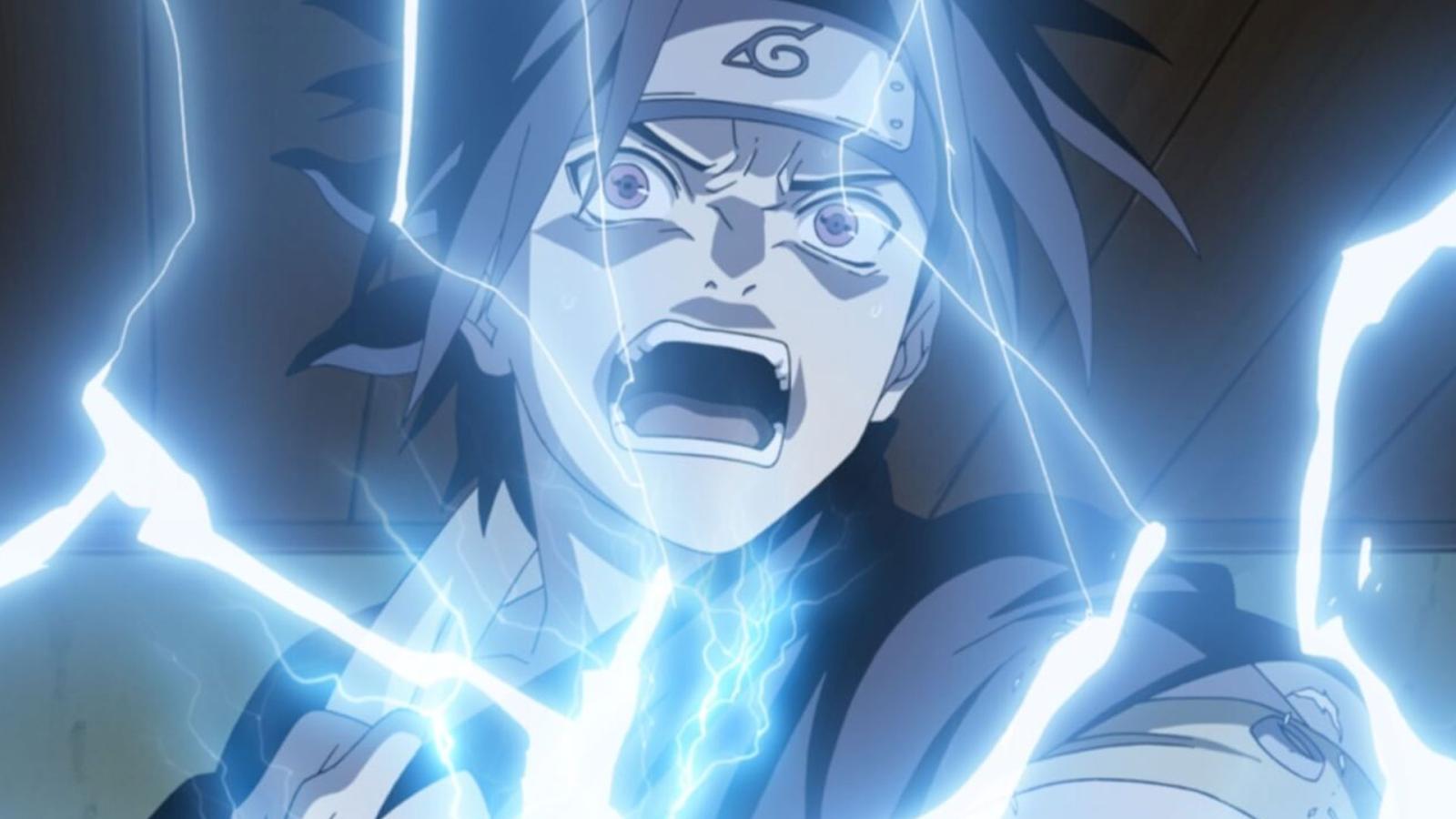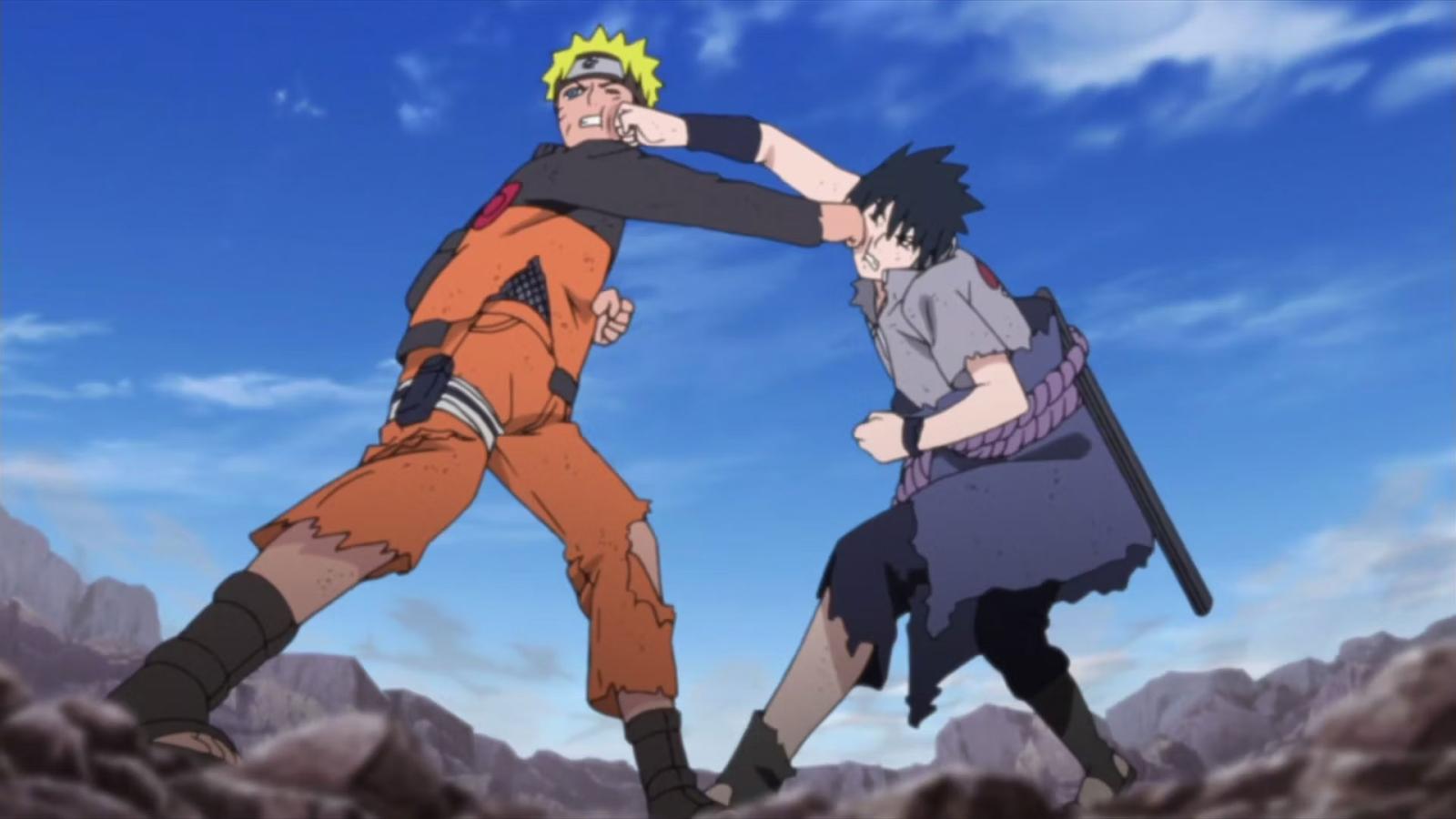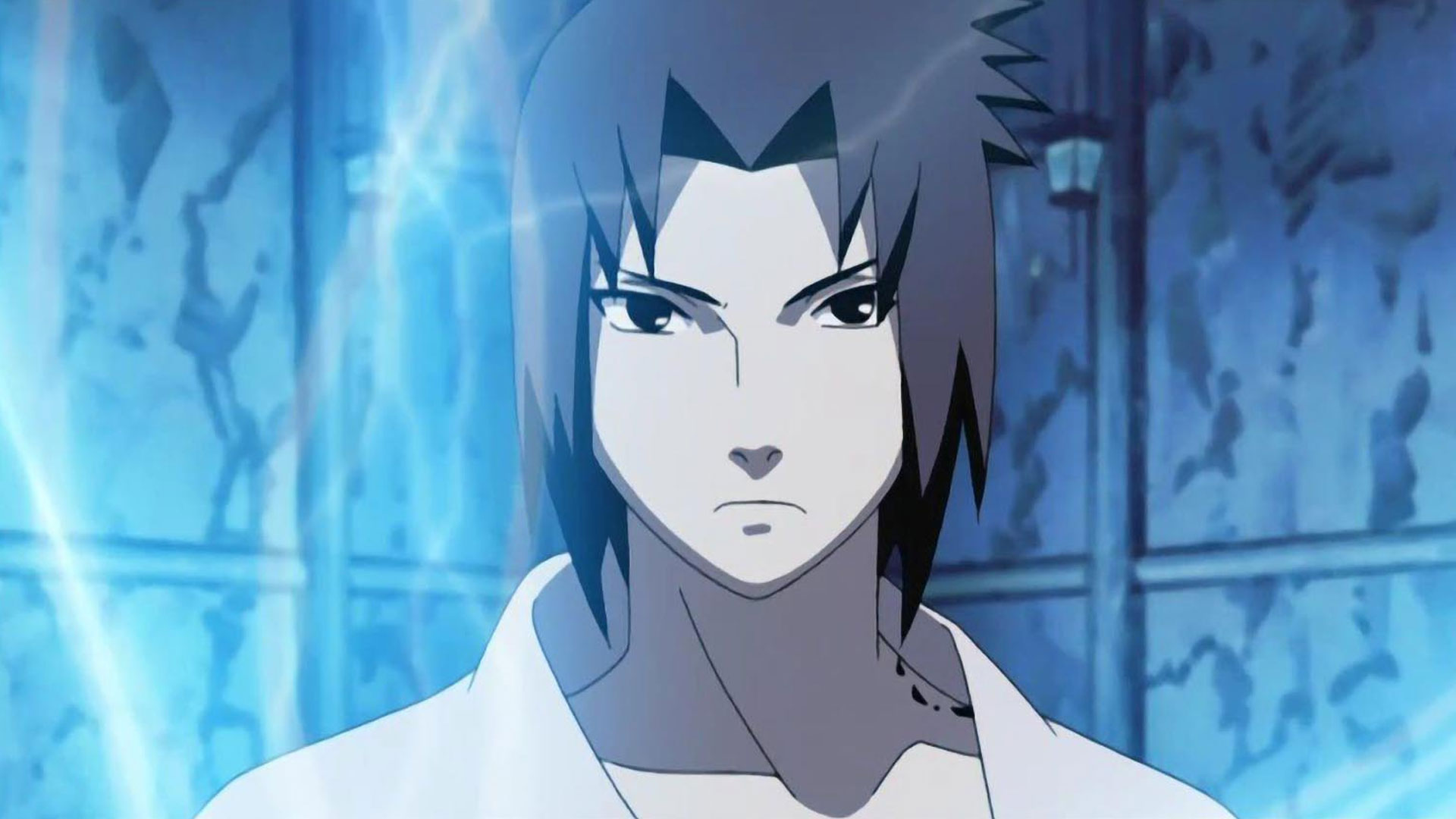We just love to hate Sasuke.
Despite being one of the best-written and fleshed out characters in the series, Sasuke has always been on the receiving end of hateful comments from Naruto fans. And there are good reasons for that, some more obvious than others.
First things first: the story is told from the perspective of Naruto, Sasuke’s self-proclaimed rival. As most of us watched Naruto as kids and teenagers, we had yet to develop the ability to look beyond the characters’ superficial personalities and issues. From the very beginning of the series, Naruto is positioned as the “good guy”: naive, perhaps a bit too loud and annoying, but still good-hearted and likable. Sasuke is his stoic and, from Naruto’s point of view, too perfect and smug counterpart.
This is how we meet our protagonists, and first impressions matter.
It doesn’t help that Sasuke is introverted by nature. For most of the series, he is the only witness to his inner turmoil. His feelings are revealed to the reader either through flashbacks or in moments of despair or madness, when he can no longer control his emotions. He jumps from one extreme to another, which is understandable considering his past, but also makes it harder to empathize with him.

But did the creator intend for Sasuke to be unlikeable? Perhaps the word that Masashi Kishimoto would choose instead is “complicated.” He is essentially a seinen drama character trapped in a shonen ninja adventure story. Kishimoto has stated multiple times that Sasuke’s story arc is a more realistic take on trauma: you don’t just easily forgive those who killed your family, and you might just go a little insane in the aftermath of a traumatic event.
Naruto, our idealistic hero, in many ways fails to “get” Sasuke, and it seems like some parts of the fandom unfortunately do, too. Now that we can put our childhood bias aside, it’s time to look at the series through a more mature lens, without self-inserting into the main protagonist.

Sasuke’s divisive nature only further proves just how complex and multi-dimensional of a person he really is. Love him or hate him, it’s impossible to deny that the strength of Naruto as a series lies in the dichotomy between the two main characters.

